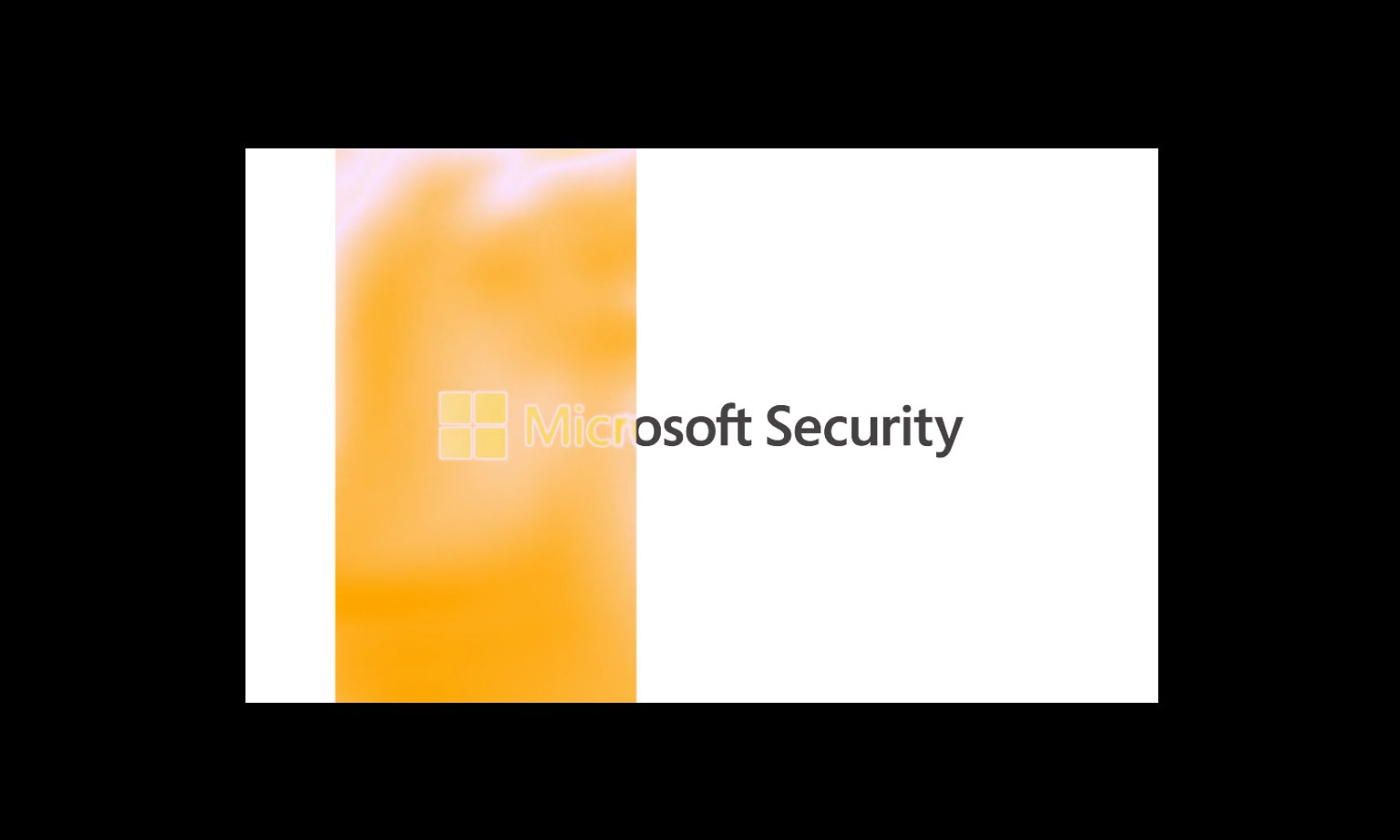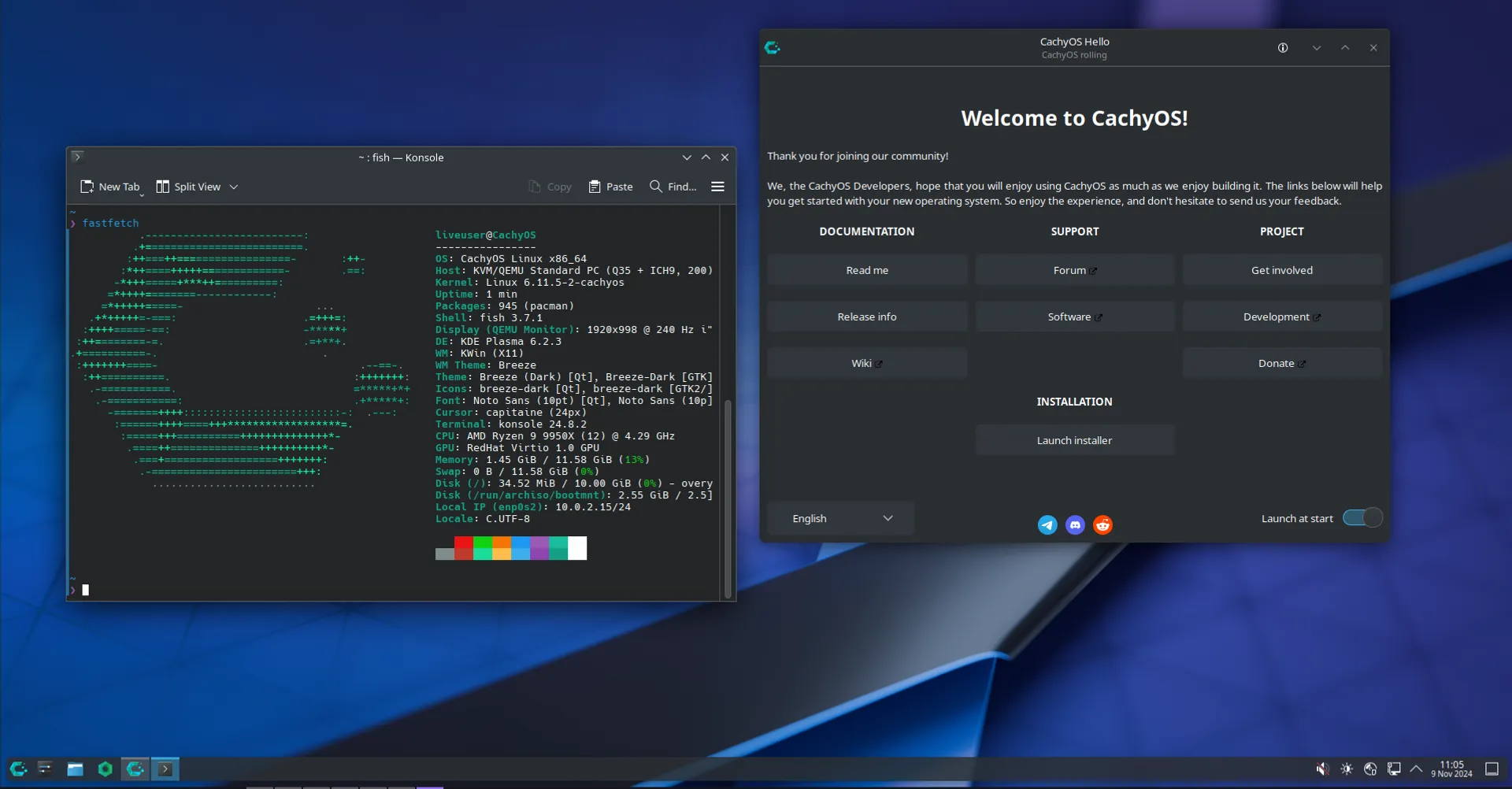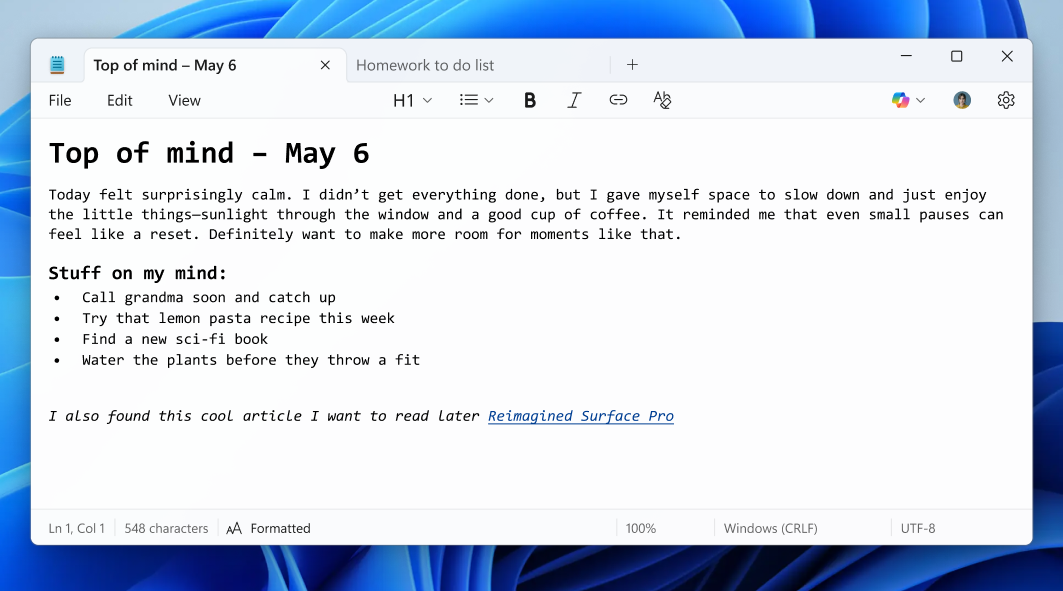
65 percent of IT professionals have too many security tools
New research from Barracuda Networks finds 65 percent of IT and security professionals say their organizations are juggling too many security tools.
What's more, over half (53 percent) of respondents also say their security tools cannot be integrated -- creating fragmented environments that are difficult to manage and secure.

The practical approach to building a data mesh [Q&A]
As businesses continue to generate and rely on vast amounts of data, the traditional approach to managing that data is no longer sufficient.
Enter the concept of a data mesh -- a decentralized, domain-driven approach to data architecture that promises to transform how organizations handle and leverage their data. But the question remains: should a business create a data mesh? What value does it add, and what challenges does it help solve?

Microsoft says it is ending USB-C confusion with updated Windows 11 WHCP
USB-C was supposed to be the connection that simplified everything -- but it has ended up doing anything but making things simple. With different USB generations, and within those generations different levels of capability, it is no wonder people are confused about just what their USB ports and cables can do, and what level of capability to expect.
This is something Microsoft is looking to change. Pointing to the “inconsistent implementations of USB-C port capabilities across the PC ecosystem”, the company is seeking to end USB-C port confusion by using the Windows Hardware Compatibility Program (WHCP) to help people know precisely what to expect from certified PCs.

Microsoft Security gets a style upgrade that goes beyond the surface to embrace the human
Padlocks, chains, keys, shields: these are all stereotypical images used to represent security. They are also the themes -- tropes, if you will -- that have been avoided in an eye-catching and vibrant rebranding for Microsoft Security.
A team at Koto -- a creative studio also behind design projects for Amazon, Riot Games, FitBit, WhatsApp, and more -- is responsible for a bold new brand identity that sidesteps the obvious. Instead, the new look that is bold yet human, clear and confident.

Linux users, rejoice! CachyOS fixes Nvidia issues and kills buggy browser
CachyOS is back with its latest May 2025 release, and yes, Nvidia users can finally breathe a sigh of relief. After months of headaches caused by the distro switching to the “open” Nvidia module, older GPUs like the 10xx series were left limping along with buggy Nouveau drivers. That mess is now cleaned up. The ISO now automatically detects your GPU and loads the correct driver.
The changes don’t stop there, folks. If you’re into aesthetics, the boot process just got a fresh coat of paint. There’s a new Plymouth boot animation and GRUB theme that help unify the distro’s visual identity. It’s a small touch, but it makes a difference.

Microsoft is ruining Notepad with pointless formatting in Windows 11
Sigh. Microsoft just can’t leave well enough alone. The company is now injecting formatting features into Notepad, a program that has long been appreciated for one thing -- its simplicity. You see, starting with version 11.2504.50.0, this update is rolling out to Windows Insiders in the Canary and Dev Channels, and it adds bold text, italics, hyperlinks, lists, and even headers.
Sadly, this isn’t a joke. Notepad is actually being turned into a watered-down word processor, complete with a formatting toolbar and Markdown support. Users can even toggle between styled content and raw Markdown syntax. And while Microsoft is giving you the option to disable formatting or strip it all out, it’s clear the direction of the app is changing.

Ditch Windows 11 and try Alpine Linux 3.22 with GNOME 48 and Plasma 6.3
Alpine Linux 3.22 is finally here (download), and if you’re tired of bloated operating systems like Windows 11, this release might be the breath of fresh air you’ve been waiting for. While Alpine is still a niche distribution, it’s slowly becoming a viable option for power users who want speed, control, and simplicity.
Despite being known as a lightweight distro often used in containers and servers, Alpine 3.22 brings some serious desktop upgrades. It now includes GNOME 48, KDE Plasma 6.3, and LXQt 2.2. Even the XFCE desktop got some love, with updated packages like xfce4-panel 4.20.4, thunar 4.20.3, and more. It’s clear Alpine is not just for the command-line crowd anymore.

UK tech leaders want the government to stop buying US cloud
New research reveals a surge in interest in data sovereignty among UK IT leaders since the implementation of the United States government's historic raft of tariffs in April.
The study from Civo, of over 1,000 UK-based IT leaders, shows more than 60 percent now feel that the UK government’s use of US cloud services exposes the country's digital economy to significant risks, damages its domestic industry, and threatens data security.

Why data privacy is a fundamental human right
In an age where every click, swipe, and search can be tracked, stored and analyzed, data privacy is no longer a luxury but a necessity. From social media profiles to medical records and financial transactions, personal information is constantly collected and processed, often without understanding or consent.
Recognizing data privacy as a fundamental human right isn't just a legal or technical issue, but vital for individual dignity, autonomy, and freedom of expression.

Safeguarding your marketing channels: how AI-powered automation is fueling new threats and how to defend against them
Scammers are already using AI-powered automation to manipulate marketing channels. We don't want to hand out a playbook for bad actors, but it's important to recognize the growing number of scams that have been enhanced by AI and automation tools. Most scams are still about money, either directly or by collecting personal data that can be used to access financial information. If there is no money, there is typically little motive.
In a space like eCommerce, for example, we've seen scammers clone legitimate websites to trick customers into handing over their payment information. These spoof sites look identical to the real thing.

The top priorities and biggest worries for cyber leaders [Q&A]
The technology world is a fast moving one and keeping up with the latest trends can be difficult. Yet it's also essential if you're not to lose competitive edge or get caught out by new risks.
We spoke to Myke Lyons, CISO of data infrastructure company Cribl, to discuss what the priorities for cyber leaders should be and what things are likely to keep them awake at night.

Instagram announces support for the most commonly used photo aspect ratio
Post an image to Instagram and it will almost certainly be automatically cropped. The reason for this is that, until now, the platform has supported 4:5 aspect ratio images, as well as the Instagram staple -- the square format.
But this is not in line with how most people shoot photographs, and the platform is finally taking this into account. There is now support for a new (new to Instagram, at least), aspect ratio.

No prizes for guessing what's to blame for the latest problem that stops Windows 11 booting (yep, it's another OS update)
Windows updates that cause problems are far from being uncommon, sadly, but the latest issue is a pretty serious one. Some users who have installed the KB5058405 update from earlier this month have found themselves with an non-booting system.
Those affected will note a 0xc0000098 error in the ACPI.sys file, and a message informing them that their device needs to be repaired. The bad news does not end there. Microsoft does not yet have a fix -- or even a workaround.

Your WhatsApp status just got a huge upgrade that injects creativity and personality
While WhatsApp is, ostensibly, a messaging, chat and video calling platform, it is more than that; it is also a pseudo social media platform. The Status section of WhatsApp has gradually evolved over the years to become a way to not only indicate your availability, but to express much more.
And now Status has received another massive upgrade. It is now possible to display a collage of multiple photos, share music, and much more. A plethora of new options are rolling out globally; here's what you have to look forward to.

The rise of the million dollar CISO
While the average total compensation for CISOs at large enterprises is $700K, those at $20B+ firms average $1.1M, with top earners exceeding $1.3M. These people are often managing $100M+ security budgets and teams of over 200 staff.
A new report from IANS Research along with Artico Search looks at data from more than 860 CISOs, including 406 at enterprises with $1B+ in annual revenue.
